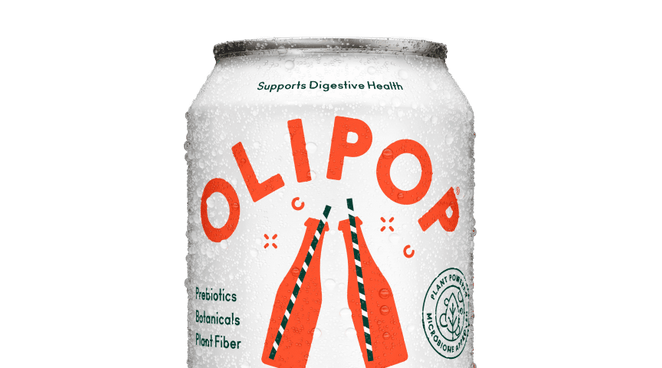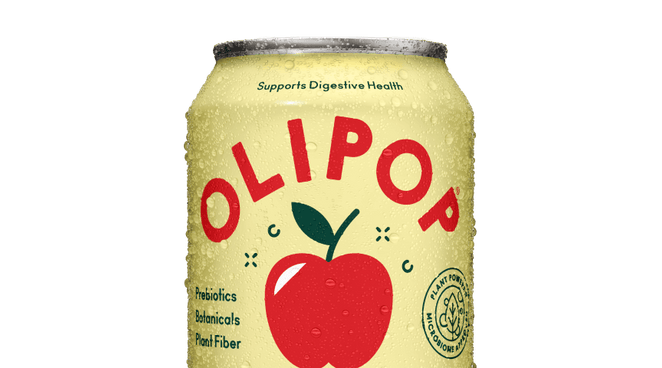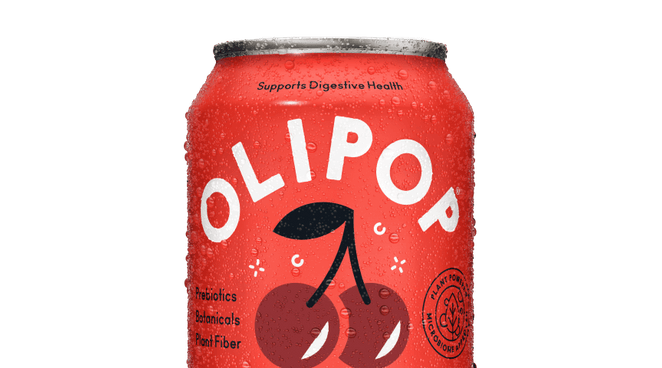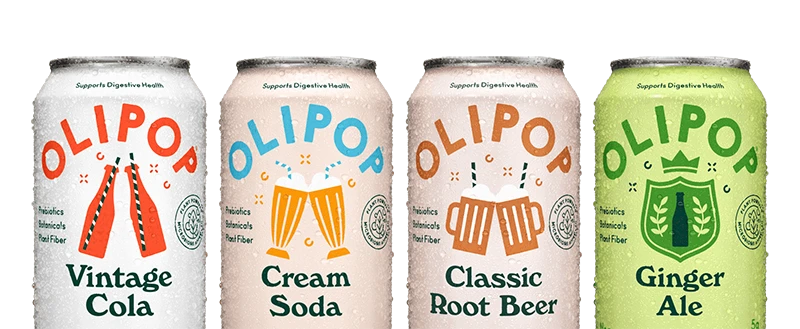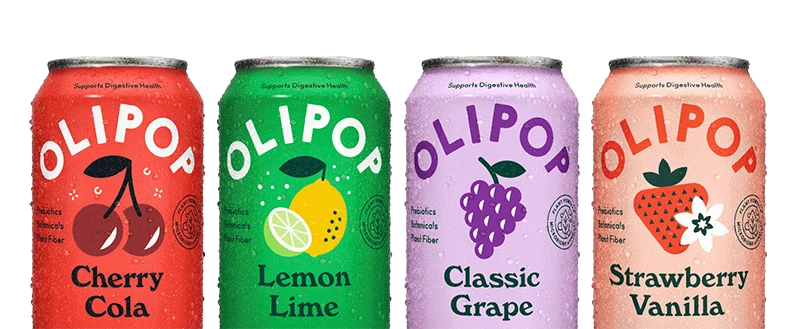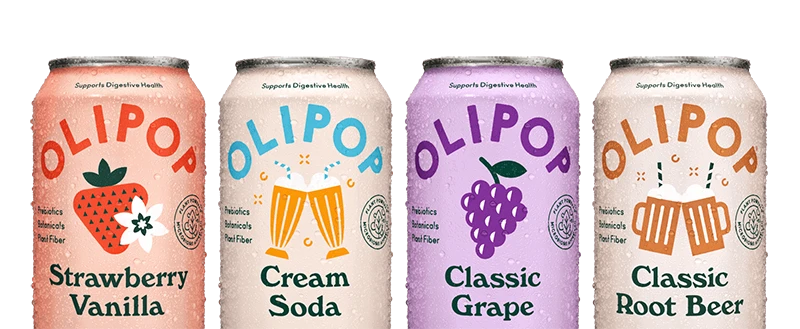Editor's Note: This article is reviewed by Lauren Manaker MS, RDN, LD, a registered dietitian and a paid contributor to OLIPOP. She specializes in digestive health and reviews OLIPOP content for scientific accuracy.
We get asked this question a lot. Plus other questions like “Does OLIPOP make you poop” or “Does OLIPOP help with bloating?” And we’re here to help answer your top questions… even the ones you might be too embarrassed to ask out loud! Let’s dive in, shall we?
Does OLIPOP Make You Poop?
So let’s get this question out of the way: does OLIPOP help keep things er… regular? OLIPOP is high in fiber, and fiber is a big contributor to the health of your digestive system — including the regularity of your bowel movements. So no, on its own OLIPOP will not make you poop. But yes, a high-fiber diet can help keep things moving.*
So, Does OLIPOP Have Side Effects?
Fiber has a ton of positive effects on the body. However, while fiber brings numerous health benefits to the table, it's crucial to strike the right balance. Remember, all foods, yes, even good-for-you foods, can create challenges if consumed excessively. For example, if your body isn’t used to a high-fiber diet, suddenly consuming large amounts could have some unexpected and uncomfortable side effects like bloating, gas, cramping, and possibly diarrhea or constipation. These symptoms should go away once the body gets adapted to the changes in your gut.
To navigate this fiber-rich journey successfully, adopt a gradual and consistent approach – slow and steady wins the race! Avoid sudden spikes in fiber intake, as your digestive system may need time to adjust. A valuable tip is to boost your water consumption alongside your fiber intake. Hydration is key for mitigating any potential discomfort and supporting your digestive system in the long run.
Can I Drink More Than One OLIPOP A Day?
Absolutely! But if you’re new to OLIPOP or just getting started on your fiber journey, we recommend starting with one can a day. Then start working your way up to two (or more!) and see how your body feels. Once your gut adjusts to the prebiotic fiber intake you might be surprised by how good—and refreshing—it feels to crack open a can.
And remember, it is generally recommended that women aim for 25 grams of fiber per day, and men consume 35 grams. Significantly exceeding this amount may not be recommended for some individuals.
OLIPOP Benefits & Side Effects: The Takeaway
Did you know that the average American adult gets less than one-third of the FDA-recommended daily amount of fiber? Increasing your fiber intake is a great way to improve your digestive and microbiome health. And since we’re all about gut health over here at OLIPOP, making our soda high in fiber to help combat this major fiber gap was a no-brainer. OLIPOP makes it that much easier to get your recommended daily intake, close the fiber gap, and take a big sip forward in supporting your digestive health.
* This article isn’t intended to provide medical advice. So if you’re struggling with constipation or any manner of digestive discomfort please consult with your doctor or a qualified healthcare practitioner, especially if you have specific health concerns or conditions.
- If your body isn’t used to fiber, suddenly consuming large amounts could lead to side effects like bloating, gas, cramping, and possibly diarrhea or constipation.
- These symptoms should go away once the body gets adapted to the changes in your gut.
- Adopt a gradual and consistent approach with fiber – slow and steady wins the race!

